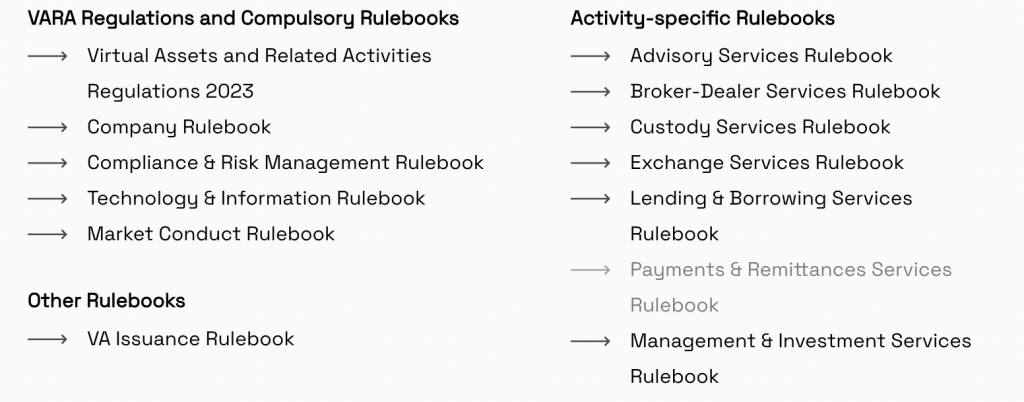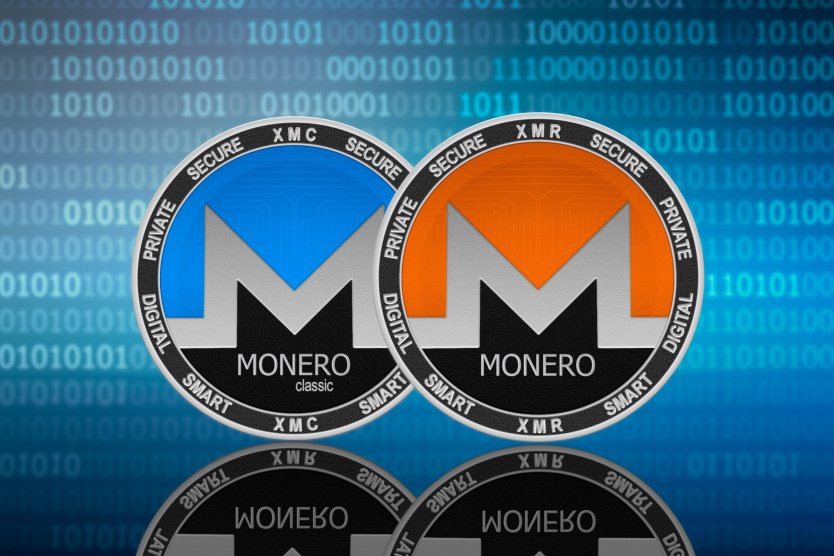Dubai bans privacy altcoins like Monero (XMR) under new crypto rules. Cryptocurrencies that increase anonymity are restricted under new regulations.
Dubai bans privacy altcoins like Monero (XMR)
In Dubai, under new laws released on Tuesday, the issuance of and all activities related to anonymity-enhancing cryptocurrencies such as Monero (XMR) are banned. Dubai’s Virtual Assets Regulatory Authority (VARA) will not allow activities involving privacy coins such as Monero and Zcash (ZEC).
The new rules define anonymity-enhancing cryptocurrencies as “a type of Cryptocurrency that does not have mitigating technologies or mechanisms that prevent tracking of transactions or ownership record through distributed systems and that do not have mitigation technologies or mechanisms to allow for traceability or identification.” The list of all rulebooks published by VARA is shown in the attached screenshot below:

Dubai’s new policy for privacy altcoins like Monero (XMR)
According to the recently published document, cryptocurrencies that increase anonymity such as XMR and ZEC are now banned in Dubai, the financial center of the United Arab Emirates. Local regulators have also set the authorization requirements that crypto companies must pass before appearing in the region.
The most basic principles include anti-money laundering obligations, marketing protocols, preventing insider trading, and monitoring whether the asset class is used in criminal activities.

Angela Ang, Senior Policy Advisor at blockchain intelligence firm TRM Labs, commented:
Any concealment of funds flows poses a challenge in detecting illegal activity, so it’s no surprise that regulators have reacted strongly to such cryptos and their mechanisms.
Country moderates other cryptos
Emirates Airline, the largest airline in the UAE, has demonstrated its intention to accept Nitcoin as a means of payment and use Blockchain technology to track aircraft records. Another example of Dubai’s pro-crypto stance is the luxury five-star hotel Palazzo Versace Dubai. It allows customers to pay for accommodation, spa services and meals with cryptocurrencies. Supported cryptos are Bitcoin (BTC), Ether (ETH) and Binance Coin (BNB).
Wants to ban privacy coins in other countries
Regulators in other jurisdictions, such as Japan, are also taking steps to ban privacy-enhancing cryptocurrencies. The European Union is also considering banning tokens that hinder traceability. Crypto activities in Dubai are overseen by the Virtual Assets Regulatory Authority (VARA), which was established last year. The country is working to attract crypto and blockchain companies to open stores in Dubai despite the restrictions.




